Updated date: 03/21/2024 04:27:44

DTO - The rice production model according to SRP standards at Truong Phat Cooperative, Truong Xuan Commune, Thap Muoi District not only helps farmers gradually give up the traditional habit of "burning fields" but also contributes to forming a mindset of green, clean, and sustainable production.

Members of Truong Phat Cooperative visit Mr. Tran Van Hoi's rice field producing according to SRP standards (left cover)
In the summer-autumn crop of 2023, Truong Phat Cooperative will build a model for developing rice land, SRP and linking production and consumption of rice in 2023 with an area of 225 hectares. The model encourages farmers to apply a number of farming measures according to the "1 must, 5 reductions" technique, producing according to SRP standards to reduce greenhouse gas emissions. At the same time, new technologies such as: rice sowing, fertilizing, spraying pesticides by drones... reduce input costs, ensuring income in production.
Mr. Tran Van Hoi - Hamlet 6B, Truong Xuan Commune is one of the farming households participating in the pilot program of sustainable rice production SRP. After 1 crop of OM18 variety on an area of 6 hectares, the model brought in a profit of over 30% compared to the traditional rice growing method. Thanks to compliance with sparse sowing and balanced fertilization, pests are limited, thereby increasing income. According to Mr. Hoi's calculation, before, after deducting all expenses, he earned about 3 million VND/rice field, however, with this new farming model, he can earn over 4.2 million VND/rice field from selling rice, straw, duck fields and selling carbon certificates. “Applying the SRP farming process, farmers must comply with the bookkeeping process, apply fertilizers and pesticides in the correct dosage, and especially commit to not burning fields to cause environmental pollution. In terms of productivity, it is still equivalent to traditional rice farming, however, farmers benefit from selling straw, receiving support from the State for selling carbon credits and money from selling ducks. Thus, from these profits, farmers can earn an additional 1.2 million VND/ha,” said Mr. Hoi.
According to Mr. Huynh Thien Liem - member of the Board of Directors of Truong Phat Cooperative, the production model according to SRP standards has initially brought positive results. Accordingly, in addition to the economic benefits when farmers have additional "profits" from rice fields such as: selling straw, selling duck fields, selling carbon credits (supported by 300,000 VND/ha), the most important benefit is that people no longer burn straw like the traditional production process, thereby reducing environmental pollution and greenhouse gas emissions.
In particular, this model will be the basis for the cooperative to implement new production models as well as call on businesses to link consumption and invest in stable output for members. According to the plan, in the summer-autumn crop of 2024, the cooperative will plan 800 hectares to implement the Government 's Project on Sustainable Development of One Million Hectares of High-Quality and Low-Emission Rice Cultivation Associated with Green Growth in the Mekong Delta by 2030. In addition, the cooperative also organizes 18 farming households to produce 228 hectares of rice according to the Rikolto Organization's model of alternating water irrigation and greenhouse gas emission reduction and registers to implement a model of rice land development for about 20 households with an area of 100 hectares.
Mr. Huynh Thien Liem expects: "In order to effectively implement the models, the cooperative needs the support of specialized agencies, especially in organizing a complete production process so that farmers can follow the correct procedures to create a quality product as directed in the project."
According to the Department of Agriculture and Rural Development of Thap Muoi district, the sustainable rice production model according to SRP standards of Truong Phat Cooperative has contributed to changing the production mindset of farmers from traditional farming practices to production according to market demand. Through the production process that meets international standards, rice products are exported with high economic value, helping to increase profits for farmers. In addition, the SRP program also contributes to sustainable environmental protection, protecting public health, helping to affirm the value and brand of Vietnamese rice in the international market.
MN
Source








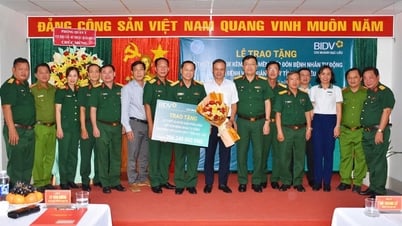
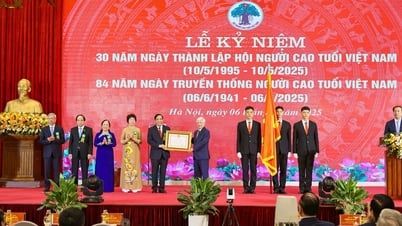
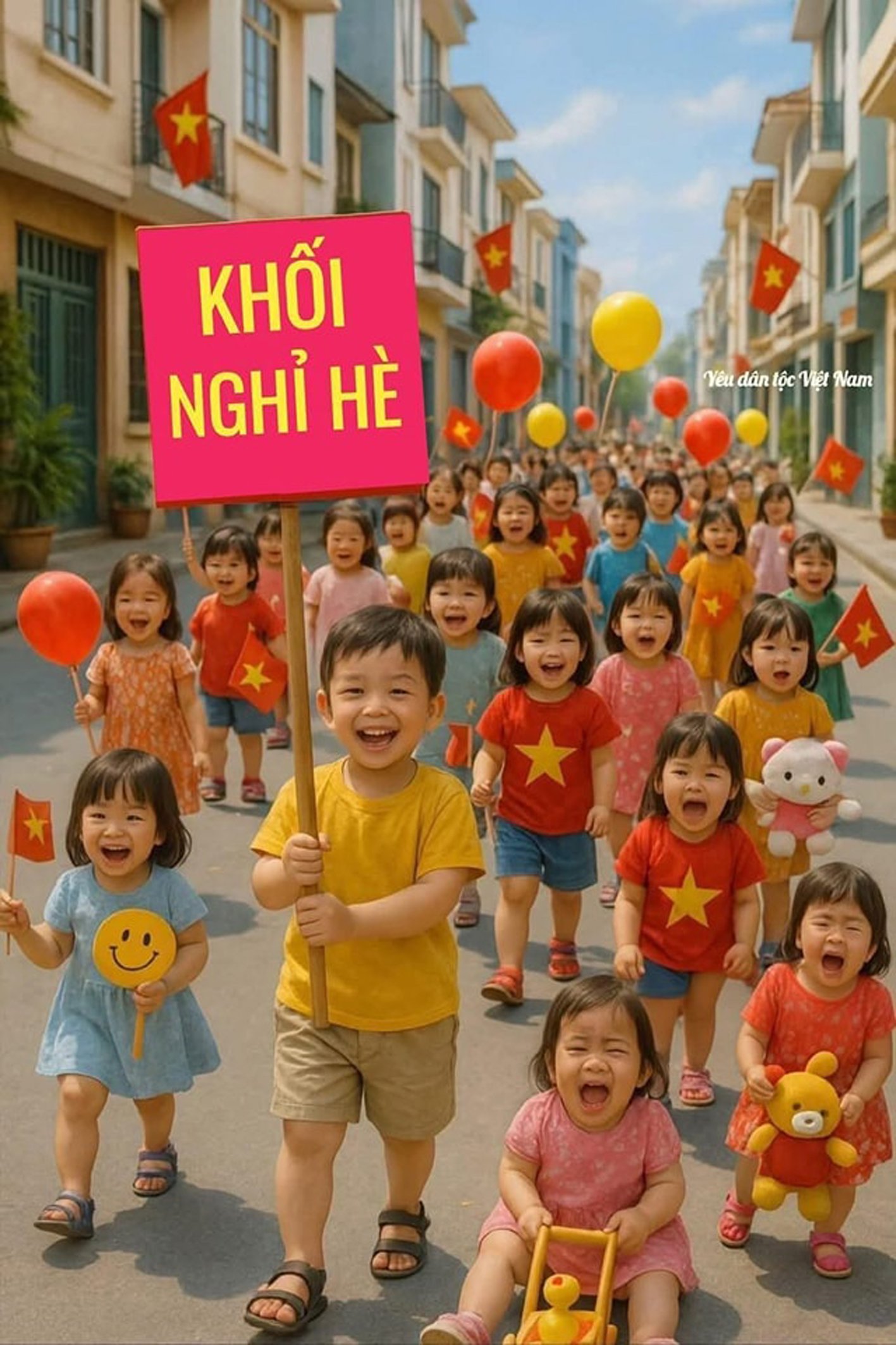
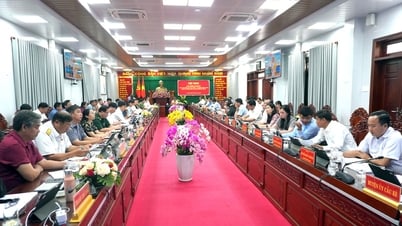
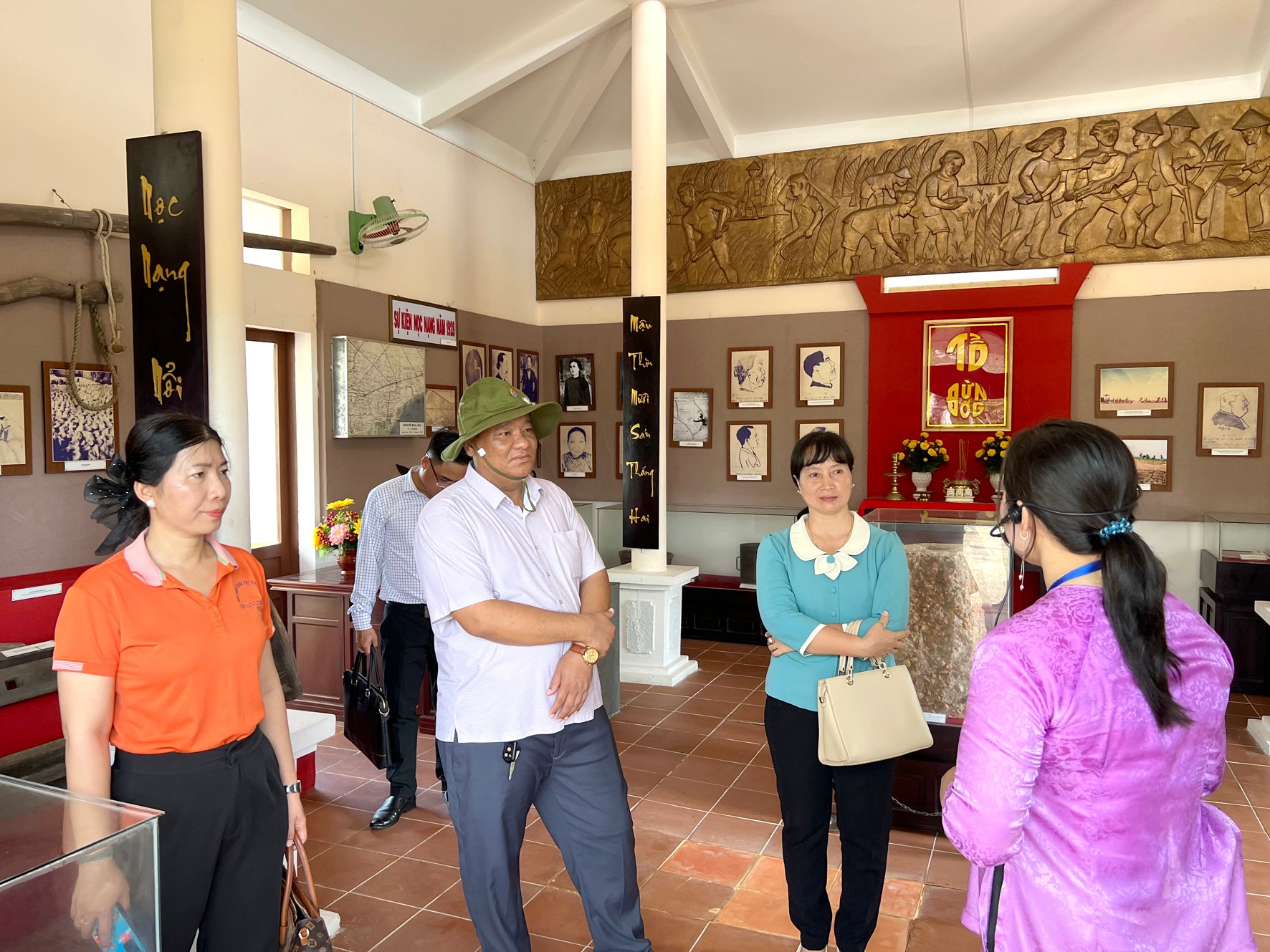
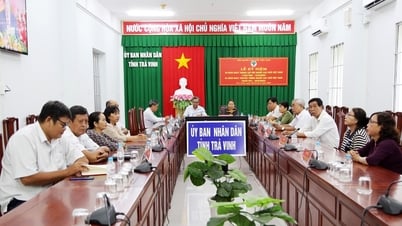







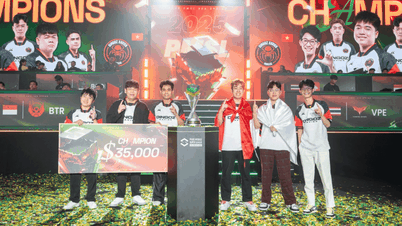




![[Photo] General Secretary To Lam receives Korean Ambassador to Vietnam](https://vphoto.vietnam.vn/thumb/1200x675/vietnam/resource/IMAGE/2025/6/6/a0765b7543784cbcbfe4755b67d43ab4)
![[Photo] President Luong Cuong works with Hung Yen and Thai Binh Provincial Party Committees on implementing Resolution of the 11th Central Conference, 13th tenure](https://vphoto.vietnam.vn/thumb/1200x675/vietnam/resource/IMAGE/2025/6/6/127b735d2761484d81dcee0d7725a25b)

























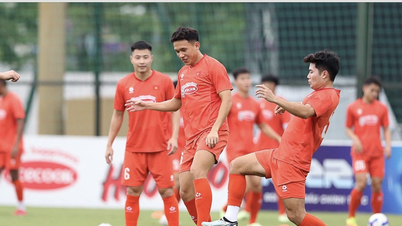
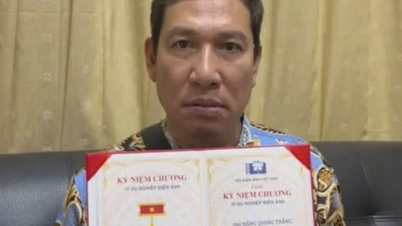

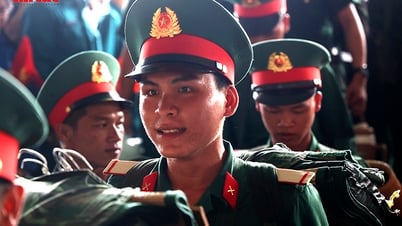
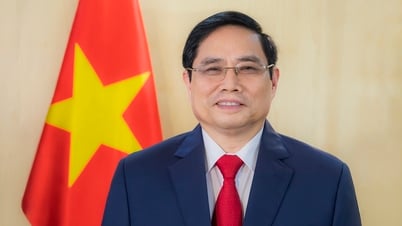

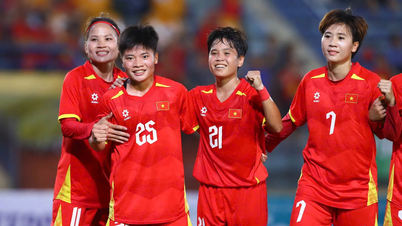
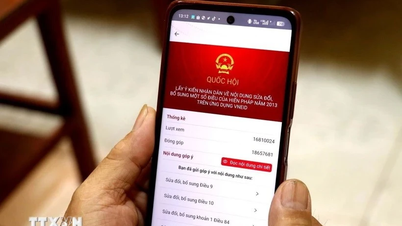

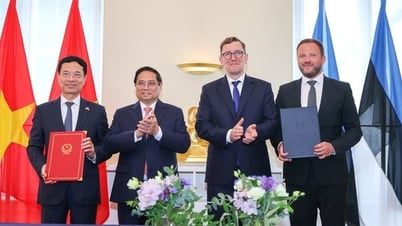

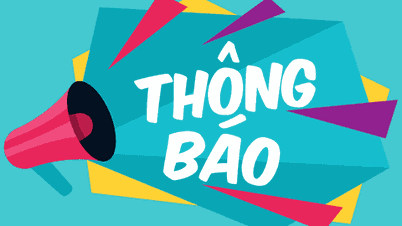

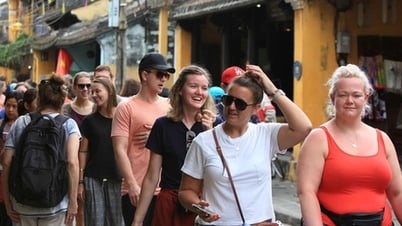


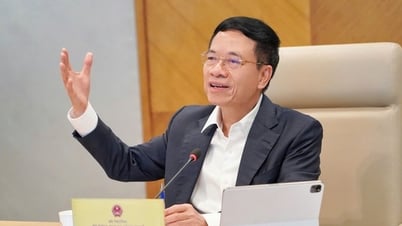
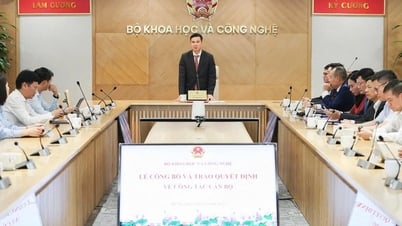
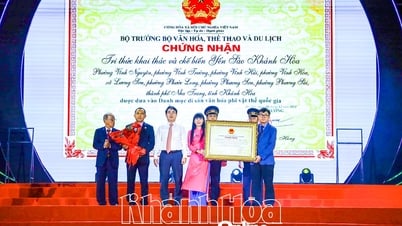

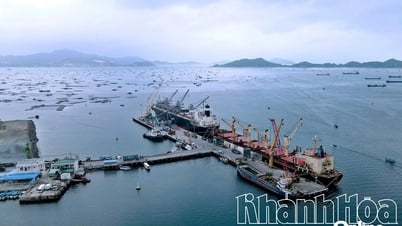
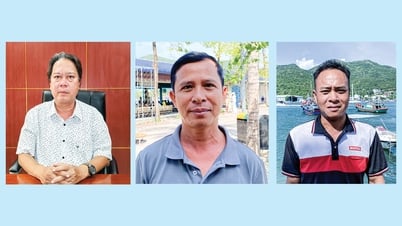
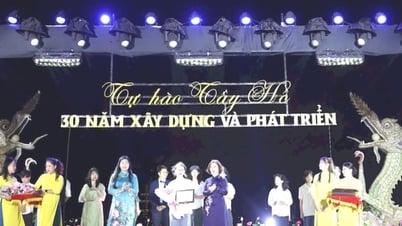


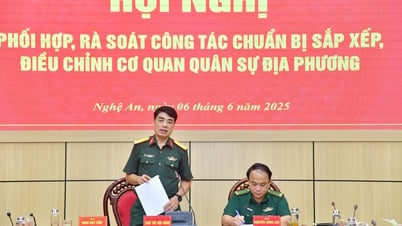





![[OCOP REVIEW] Tu Duyen Syrup - The essence of herbs from the mountains and forests of Nhu Thanh](https://vphoto.vietnam.vn/thumb/402x226/vietnam/resource/IMAGE/2025/6/5/58ca32fce4ec44039e444fbfae7e75ec)







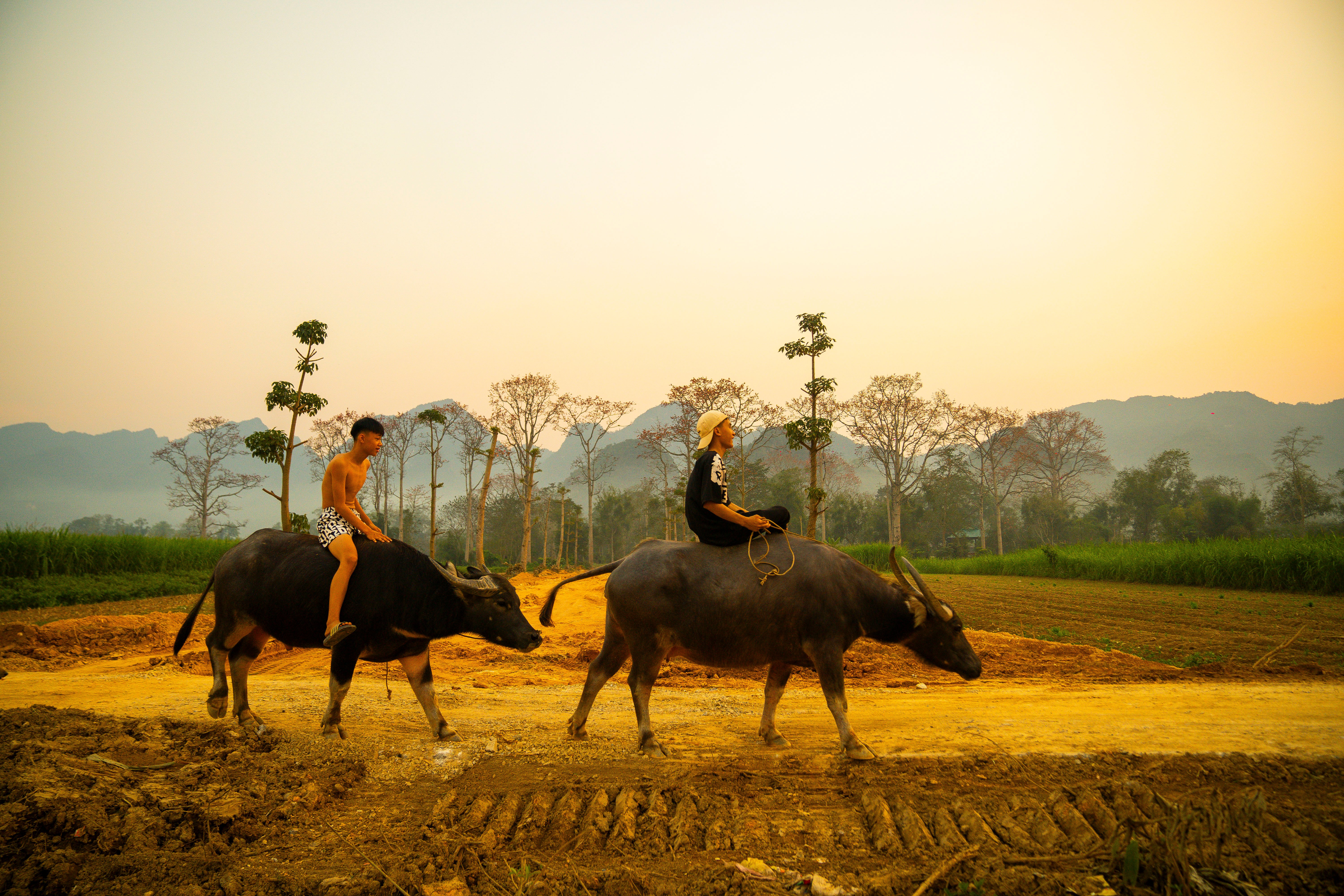

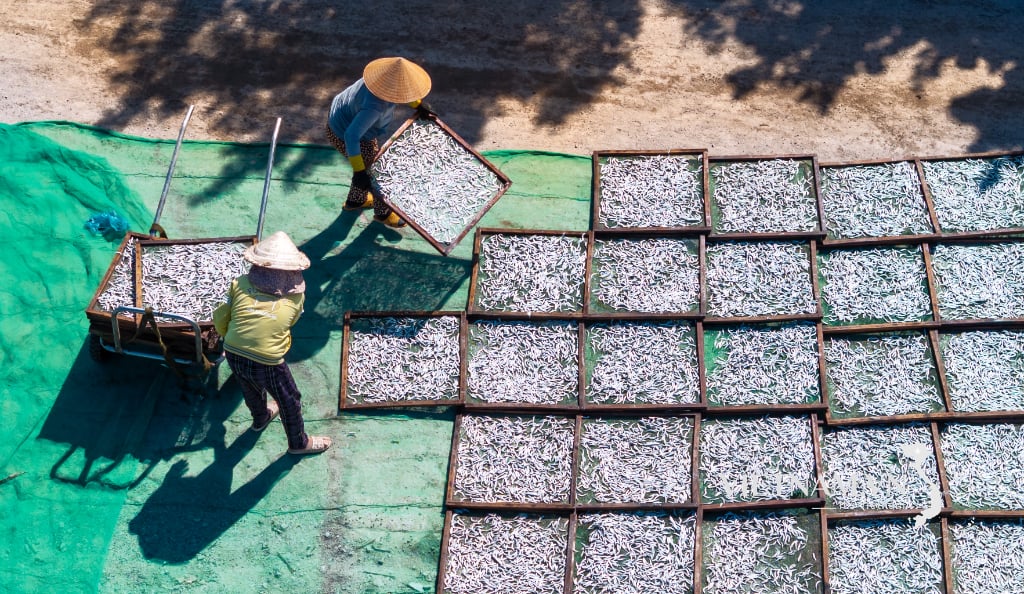

Comment (0)